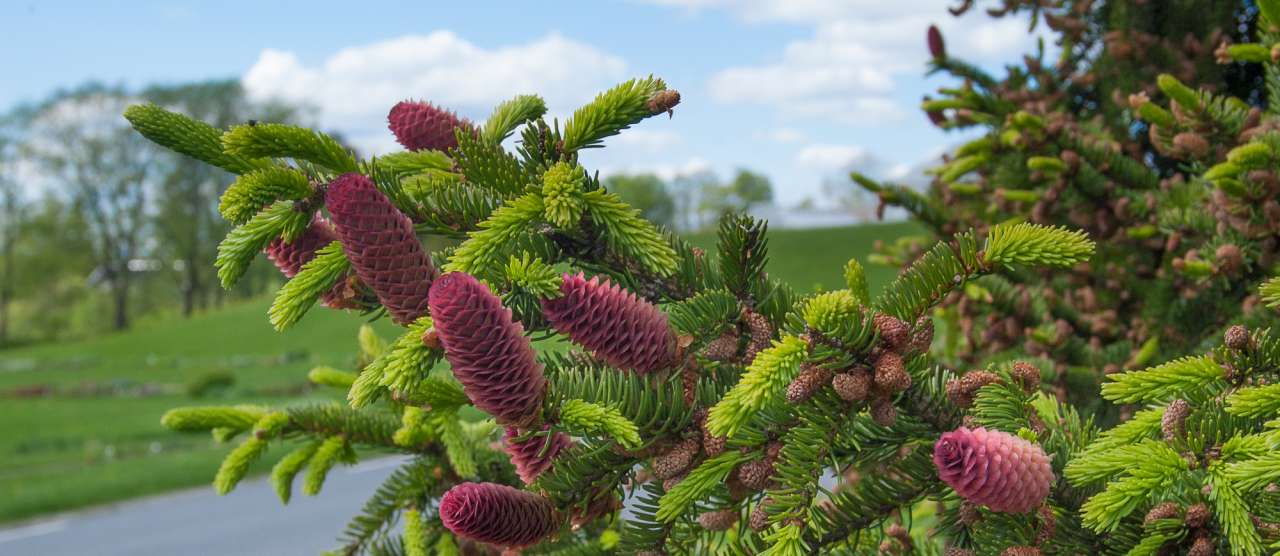Total Record Found: 8
The ECPGR European Evaluation Network (EVA) for Plant Genetic Resources for Food and Agriculture (PGRFA) is an international project aimed at increasing the use of crop genetic diversity and the diversity of stakeholders...
The EU-funded FORGENIUS project aims to develop methods and tools for greater insight into the characteristics and the value of forest genetic resources accessions presently existing in 35 European countries. The project...
Findings on Norway spruce show how plants and animals can adapt better to climate change than previously envisaged. From the study "Transcriptional profiling of epigenetic regulators in somatic embryos during temperature...
- Type: Case studies/success stories
- Adaptation Climate change Epigenetic Genetic research
B4EST is an EU-funded H2020 project which focuses on adaptive breeding for productive, sustainable and resilient forests under climate change.
Climate change can increase forest vulnerability to damage and disease,...
Many crop wild realtives (CWRs) are underrepresented in crop gene banks. With at least one-third of known plant species maintained in botanic garden living collections, the botanic garden community serves as an important...
- Type: Case studies/success stories
- Crops Genebanks Crop Wild Relatives Botanic garden Genetic research Ex situ Conservation
A Greek professor of forest genetics, Phil Aravanopoulos, travels back to his place of birth, the Lesvos island. Inspired by the father of botany, Theophrastus, who was born and lived on the island, he researches the...
- Type: Multimedia
- History Genetic research Cultural heritage Botany Climate change
In this short video Colin Kelleher, the leader of the EUFORGEN working group on the conservation of forest genetic resources in the context of climate change, summarizes the main findings of the group's study. He...
- Type: Multimedia
- Decision support tool Conservation Climate change Genetic research
A multispecies integrative information system dedicated to plant and their fungi pests. It bridges genetic resources, phenotyping, genetic and genomic data, allowing researchers access to both genetic information and...





